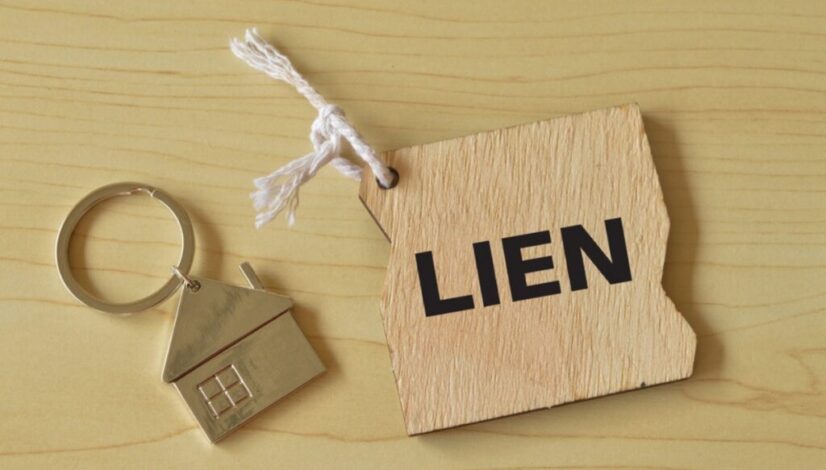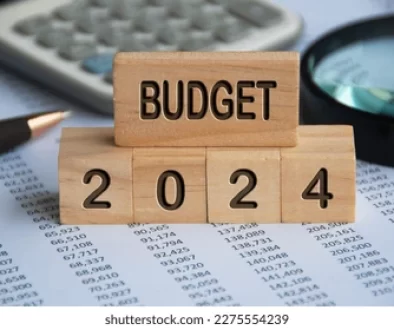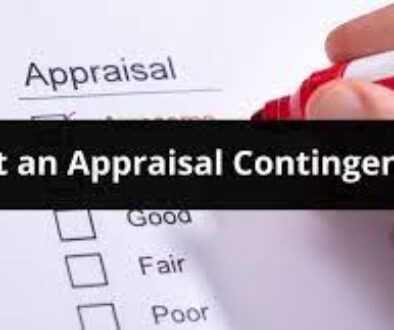Lien
Liens
What Is A Lien?
A lien refers to a legal claim against property that can be used as collateral to repay a debt. Depending on the type of debt owed, liens can be attached to real property, such as a home, or personal property, such as a car or furniture.
For example, mortgages or property tax liens are attached to the real property on which the mortgage or taxes are owed. Personal property such as a car might have a lien on it if the owner is still paying off the auto loan they used to purchase the vehicle. Judgement liens can generally be attached to both real and personal property.
When filed against your real property, a lien gives the lien holder the ability to foreclose on your home. This is why, as part of the mortgage process, lenders will have a title search completed. A title search will uncover any liens attached to a property’s title. Mortgage lenders won’t approve a mortgage if the property has any outstanding liens.
If you want to sell a home that has a lien on it, you’ll most likely have to pay off the debt associated with the lien before you can do so.
How Do Liens Work?
There are a few different types of liens, each with their own nuances, but in general, a lien means that the lien holder has a right to the property in question.Because liens are placed on property, which are an illiquid type of asset, lien holders have the ability to force the sale of the property to satisfy the debt.
If you owe $5,000 to a lien holder, for example, they can’t just magically make $5,000 in cash appear from the bricks of your home. They can, however, wait until you sell your home and then take $5,000 from the proceeds.
When a property with multiple liens on it is sold, each lien holder typically has a right to the proceeds. Usually, liens will be paid according to when each lien holder recorded their lien; the first person to have recorded their lien will be paid first, and so on. However, other lien types, such as property tax liens, may take priority regardless of when they were recorded.
Lien Example
Say you got a mortgage to purchase your home. You hold title on your home, meaning you’re the legal owner of the property. But because you owe your mortgage lender the money they lend you to buy your house, they’ll put a lien on the property.
As long as you make your monthly mortgage payments, the lien won’t come into play. The lender will remove the lien once you finish paying them off, either at the end of your mortgage term or by using the proceeds from the sale of the home.
However, if you stop making payments on your mortgage, the lender may eventually begin the foreclosure process. During this process, your lender will seize the home and sell it to recoup their losses. The lien allows them to do this.
If you have more than one lien on your property, those lien holders will also be in line to receive some of the proceeds from the sale of the home once your mortgage lender or any other senior lien holders are paid.
What Types Of Liens Are Available?
A mortgage is a type of lien called a voluntary lien. When you get a mortgage, you agree that the home you’re purchasing will act as collateral in the event that you default on the loan.
Involuntary liens are typically the result of failing to pay someone you owe a debt to. With these types of liens, you don’t have to agree to have the lien recorded on your property.
Here are a few examples of involuntary liens:
Mechanic’s Lien
If a contractor or subcontractor completes work on your home and you don’t pay them, they can file a mechanic’s lien on your property.
Judgment Lien
A judgement lien is the result of a court judgement against you. If you owe someone money and refuse to pay, they can sue you. If the court rules in their favour, they can file a judgement lien on your real property and, in many cases, any personal property you own. Judgement liens can also attach to property you acquire after the lien is filed.
Income And Property Tax Liens
If you owe your local, state or federal government money, they can put a lien on your property. This can happen if you don’t pay your income taxes or property taxes.
What Does It Mean To Have A Lien On A House?
Depending on the type, having a lien on your home could simply mean that you agreed to have your home act as collateral for a debt you owe, such as a mortgage.However, it could also mean that you’ve failed to pay debt you owe, and that your creditor is one step closer to foreclosing on your home to satisfy that debt.
How Do I Remove A Lien?
To have a lien removed from your property, you’ll typically have to convince the lien holder to remove it – most often, by paying them.
- Pay off the lien: The best way to make a lien disappear is to pay back the lien holder. Be sure to confirm that the lien has actually been removed.
- Negotiate the lien: If you aren’t able to pay back the lien holder in full, you may be able to negotiate a partial payment or a payment plan in exchange for a lien release.
- Dispute the lien: If the lien isn’t valid, you can go to court and ask for a court order to have the lien removed. You’ll need to provide evidence to back up your claims that the lien is invalid.
FAQs About Liens
Let’s answer some of the most frequently asked questions about liens.
How do I find if there’s a lien on my property?
When borrowers embark on the mortgage process, lenders will order a title search to be completed. This search will show if there are any liens attached to the property’s title. If lenders see that a property has outstanding liens, they won’t approve the mortgage for the borrower.
What’s the difference between a mortgage and a lien?
A mortgage allows people to borrow money to make a purchase, while a lien is a legal claim against property that can be used as collateral to repay a debt. Technically, a mortgage is a type of lien – a voluntary lien.
Can I sell my house if there’s a lien on it?
If you’re looking to sell your house that still has a lien on it, you’ll most likely have to pay off the debt associated with the lien before you can move forward with selling your house, or negotiate for the lien to be paid directly from the proceeds of the home sale.




